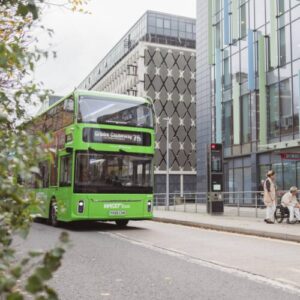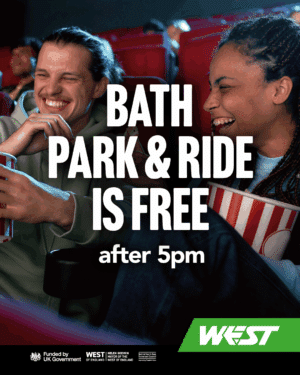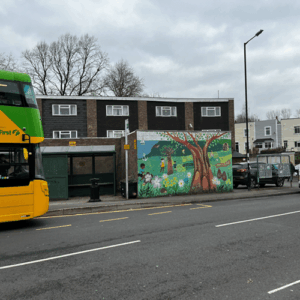
Future of bus services in region set out in more detail
Future of bus services in region set out in more detail.
Top line: Personalised journey planning can increase awareness of alternative modes to car use and change travel behaviour even among those with a strong car habit.
As mobility is deeply ingrained in modern everyday life, making travel mode choices is an extremely repetitive type of behaviour. The habitual quality of travel mode choice behaviour is acknowledged as importance factor in travel behaviour research. Key issues are:
Conflict of interest declaration: Co-author of 1.
1 Verplanken, B., Walker, I., Davis, A., Jurasek, M. 2008 Context change and travel mode choice: Combining the habit discontinuity and self-activation hypotheses, Journal of Environmental Psychology, 28: 121–127.
2 See Essential Evidence 12.
3 Eriksson, L., Garvill, J., Norlund, A., 2008 Interrupting habitual car use: The importance of car habit strength and moral motivation for personal car use reduction, Transportation Research Part F, 11: 10-23.
4 ‘I think I should perform a certain behaviour’ ie ideal behaviour.

Future of bus services in region set out in more detail.

January marks a milestone for Kids Go Free, the popular regional offer providing free bus travel for under-16s in the...

Many of the West’s bus passengers are seeing improvements to bus information across our region, with around 150 new information...

Visitors to Bath can enjoy free Park & Ride travel from 19 to 24 January, thanks to the West of...

Plans for a new transport hub in Pill, North Somerset, are moving forward with works set to start early January...